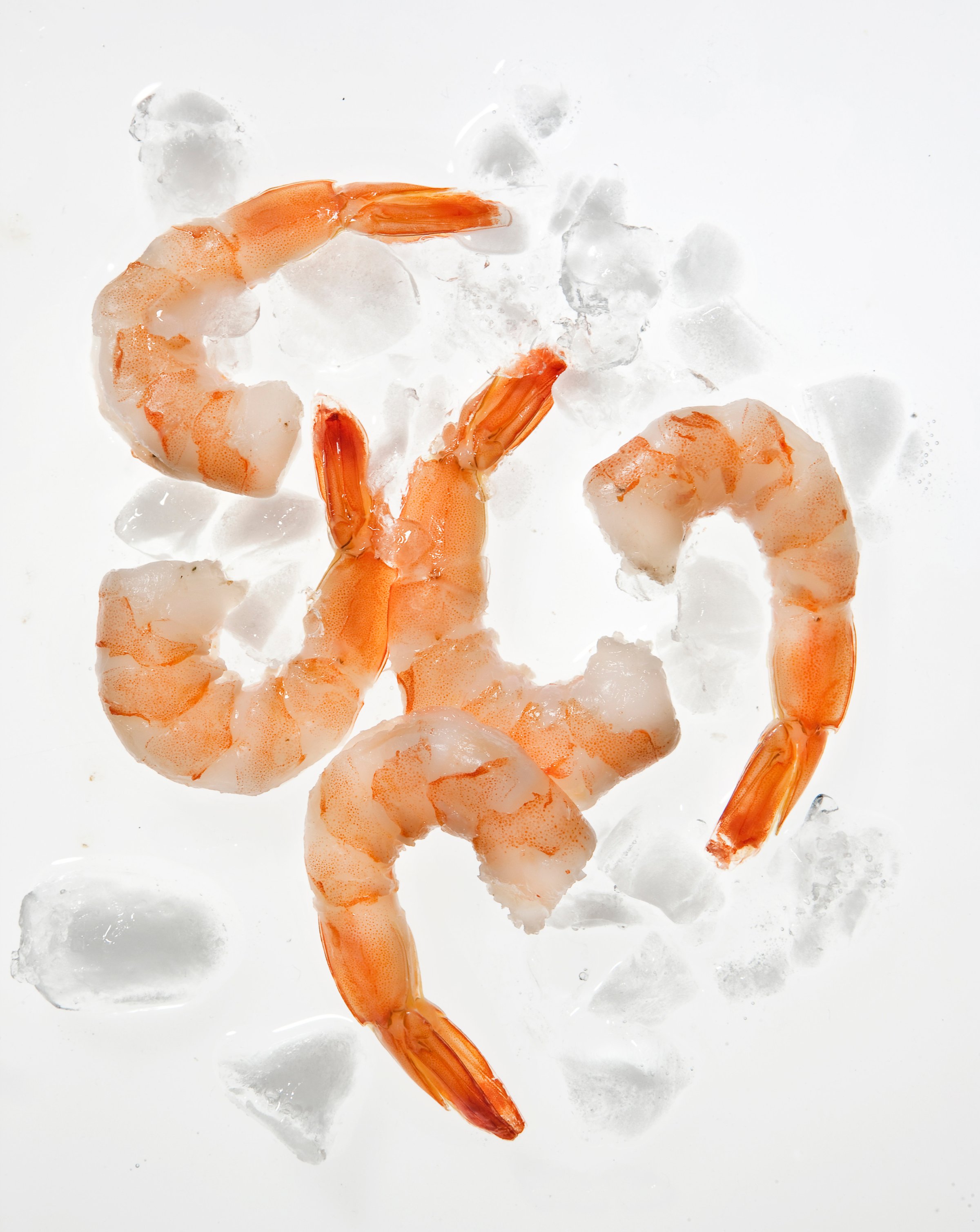
Shrimp may be America’s most popular seafood, but that doesn’t mean we know much about the crustaceans on our plates.
A new study by Oceana, a marine conservation advocacy group, finds that 30% of shrimp products are misrepresented — either mislabeled as the wrong species, called or implied to be “wild” when in fact it was farmed, or mixed in a bag with various species. In one instance, the researchers found an aquarium species not meant for human consumption that was mixed in with frozen wild shrimp.
Misrepresentation varied by region; in Portland, Ore., where shrimp are especially popular, only 5% were labeled in a misleading way. In New York City, of the grocery stores that were visited for the study, 67% sold shrimp that was misrepresented.
The issue stems in part from a lack of general information available when purchasing these products, the researchers said. In many cases, retailers and restaurants don’t offer information about the shrimp’s species or country of origin, or whether it was farmed or caught in the world. Oceana argues that improving traceability of seafood would help decrease label fraud and enable consumers to make sustainable choices.
More Must-Reads from TIME
- Donald Trump Is TIME's 2024 Person of the Year
- Why We Chose Trump as Person of the Year
- Is Intermittent Fasting Good or Bad for You?
- The 100 Must-Read Books of 2024
- The 20 Best Christmas TV Episodes
- Column: If Optimism Feels Ridiculous Now, Try Hope
- The Future of Climate Action Is Trade Policy
- Merle Bombardieri Is Helping People Make the Baby Decision
Contact us at letters@time.com